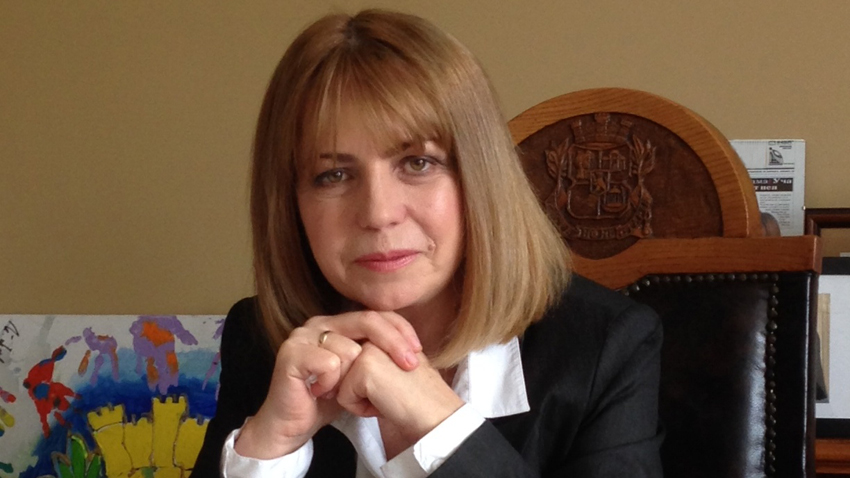In the past two years Bulgaria went through a grave political crisis of credibility of all official institutions and the very way the state functions. The public unrest was focused in the capital city Sofia, where all centres of power are concentrated. This was very trying for the local authorities and most of all for the charismatic mayor of the city Yordanka Fandukova, a political figure whose approval ratings are among the highest in the country. Paradoxically, the city and its administration forged ahead with their plans of making Sofia a better city to live in for its 1.5 million citizens plus half a million commuters.
As a matter of fact Sofia is one of the oldest cities in Europe, a city favoured by many, among them Roman Emperor Constantine who said of Serdica (the ancient name of the city) “Serdica is my Rome”. The oldest archaeological sites unearthed and on display to visitors to this day date back to that same age. This was followed by the Middle Ages and five centuries of Ottoman domination, a period of comparative decline. It was in the late 19th century, once the restored Bulgarian state had declared the city its capital, that it came into its own.

The local authorities adopted a budget of EUR 750 million, 200 million of which under European prorgammes and projects for the current year - a year when local elections are due that may mean a new mayor of Sofia. Most of this money will be invested – in the continuing renovation of the public transport motor pool, in building more subway stations, in a new waste treatment plant, in replacing the street lamps etc. In the years of crisis, Sofia has remained investor No. 1 for Bulgaria; moreover in that period no rise in local taxes is planned.
Some may suspect that this flurry of activity may be part of the town councilors’ election campaigning. Yordanka Fandukova herself, who is an activist of the ruling right-of-centre GERB party of Premier Borissov admits that whether she will be running in the forthcoming elections or not has not been decided yet. Whatever her decision and the outcome of the elections, the people of Sofia will evidently not stop liking the charismatic lady who has done so much for their city.
English: Milena Daynova
A new book "Bulgarian communities in Albania and Kosovo. Socio-political processes and demographic consequences (1913-2024)" was presented in Sofia. The work of Assoc. Prof. Spas Tashev, demographer at the Bulgarian Academy of..
Students block the entrances to the Radio and Television of Serbia For 12 days now, students and citizens have been blocking the entrances to Serbia’s national radio and television broadcaster (RTS) in protest against how the state media is..
In the Schaarbeek municipality of Brussels, there is a small corner of Bulgaria inside the Sophia Municipal Library, housing a valuable collection of Bulgarian books. Librarian Aaron Willem played a key role in setting up the Bulgarian section of the..
In the early 1960s, it was concluded that Bulgaria’s water resources were insufficient to meet the needs of agriculture. As a result, large-scale..
In 2025, Bulgaria celebrates 1170 years since the creation of the Glagolitic script – the first Slavic alphabet that preceded the..

+359 2 9336 661
